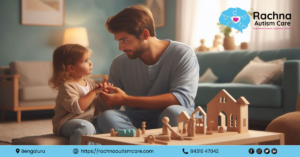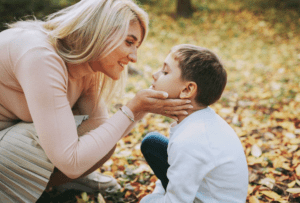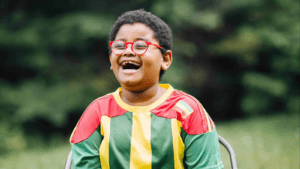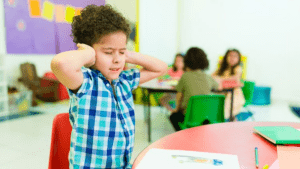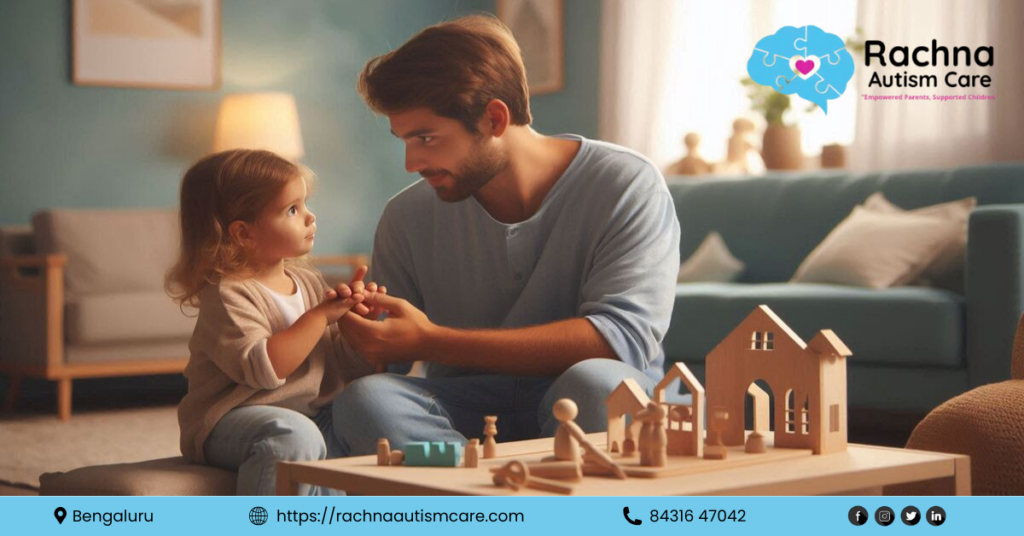
Autism Spectrum Disorder is a unique improving condition that shapes the way children perceive and connect with the world. For parents or caregivers, early signs become a clue to understanding children’s needs and finding helpful resources. Symptoms of ASD vary widely, manifested as differences in communication, social interactions, and behavior patterns that change as the child grows. Let’s know common signs of autism in young and older Kids so families can better understand how to support a child’s unique journey, thus, bringing improvements into his life.
What is Autism Spectrum Disorder?
Autism Spectrum Disorder (ASD) is a neurological developmental disorder that influences how individuals communicate, socialize, and behave. It’s a “spectrum” because the symptoms and intensity vary widely. Some children with autism may experience significant communication challenges, while others may face more subtle difficulties in social interactions. While the exact causes of autism are not fully known, genetic and environmental factors are believed to play a role. It can present early in life, before a child ages three.
Signs and Symptoms of Autism Spectrum Disorder
Early identification of autism signs can lead to more effective intervention and support. Since ASD symptoms vary significantly among children, it’s essential to be aware of both common and subtle indicators of autism.
What are the Signs of Autism?
The signs of autism in children are broadly categorized into two major domains:
- Social communication and interaction challenges: Autistic children do not make eye contact, do not turn to respond to their names, or engage in back-and-forth conversations. They do not understand other social cues, such as body language.
- Repetitive behaviors and restricted interests: Most Kids with autism exhibit repetitive behavior such as hand-flapping and rocking an intense interest in one activity. Changes in routines cause most Autistic children extreme difficulty.
Autism Symptoms in Young Children
The symptoms of autism may appear as early as at the age of 12 to 18 months. Some of the most common symptoms, especially in toddlers, include:
- Not making eye contact: Young Autistic children hardly make eye-to-eye contact with other people.
- Does not respond to their name: Most Kids respond when they hear their name around one year, those who are autistic may not respond at times.
- Delayed speech as well as language skills: Autistic child in their early years may use some words or even pause talking.
- Want to be alone most of the time: children who are autistic may even find comfort in playing alone with minimal interest in playing along with peers.
Autism Symptoms in Older Children
As the child with autism ages, the disorder symptoms may appear and develop. Some of the symptoms for the older child are the following:
- Inability in social interrelations: Kids grow up without knowing how to start conversations or maintain them, example is being unable to tell a joke or sometimes paying no attention when their peers or family members become hurt, distressed, or uncomfortable.
- Repetition: Kids do not change their daily activities, objects, and functions. Even the slightest alterations in routines and objects provoke discomfort.
- Sensory sensitivities: For many Autistic children, sensory stimulation is too strong, for example, a certain noise or texture, or too weak, certain lights, or it intrudes on their daily routine.
Understanding and Support for Children with Autism
Supporting an Autistic child requires patience, understanding, and tailored approaches that suit their unique needs. Some ways to provide meaningful support include:
- Early intervention programs: Speech and occupational therapy can improve communication skills, social abilities, and daily functioning, especially when started early.
- Specialized education plans: Many schools offer individualized education programs (IEPs) designed to help autistic children learn independently with the necessary support.
- Building a strong support system: Family, friends, teachers, and therapists can make a difference by working together and creating a nurturing environment that encourages children to thrive.
Raising awareness about autism symptoms can help families seek resources early on to foster a more inclusive community for children with ASD. Recognizing signs providing understanding and personalized support is the first step toward helping these children grow into happy, confident individuals.

